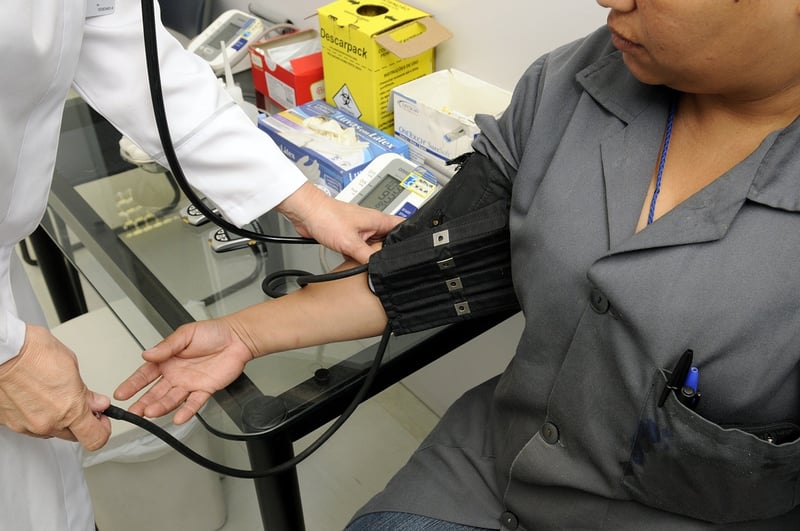Risk Assessment Tools
Guidance for Ensuring Personal Safety and Risk Assessment Tools
Introduction
Personal safety is paramount in today's world, and being proactive in assessing and managing risks is key to staying safe. This article provides guidance on ensuring personal safety and introduces essential risk assessment tools that can help individuals and organizations identify potential hazards and take necessary precautions.
1. Tips for Ensuring Personal Safety
Here are some practical tips to enhance personal safety:
- Awareness: Stay alert and be mindful of your surroundings at all times.
- Communication: Keep in touch with family or friends when going out alone.
- Trust your instincts: If something feels wrong, trust your gut and take action.
- Self-defense: Consider taking self-defense classes to protect yourself if needed.
- Emergency contacts: Have a list of emergency contacts readily available.
2. Importance of Risk Assessment
Risk assessment is crucial for identifying potential dangers and implementing preventive measures. By conducting a thorough risk assessment, individuals and organizations can reduce the likelihood of accidents, injuries, or harm.
3. Essential Risk Assessment Tools
There are various tools available to assist in risk assessment:
- Hazard Identification Checklist
- Risk Matrix
- Fault Tree Analysis
- Bowtie Risk Assessment
- FMEA (Failure Mode and Effects Analysis)
Conclusion
Prioritizing personal safety through awareness, preparation, and risk assessment is vital for everyone. By following the tips provided and utilizing appropriate risk assessment tools, individuals can mitigate potential risks and ensure a safer environment.

For more information on personal safety and risk assessment, visit ready.gov.
